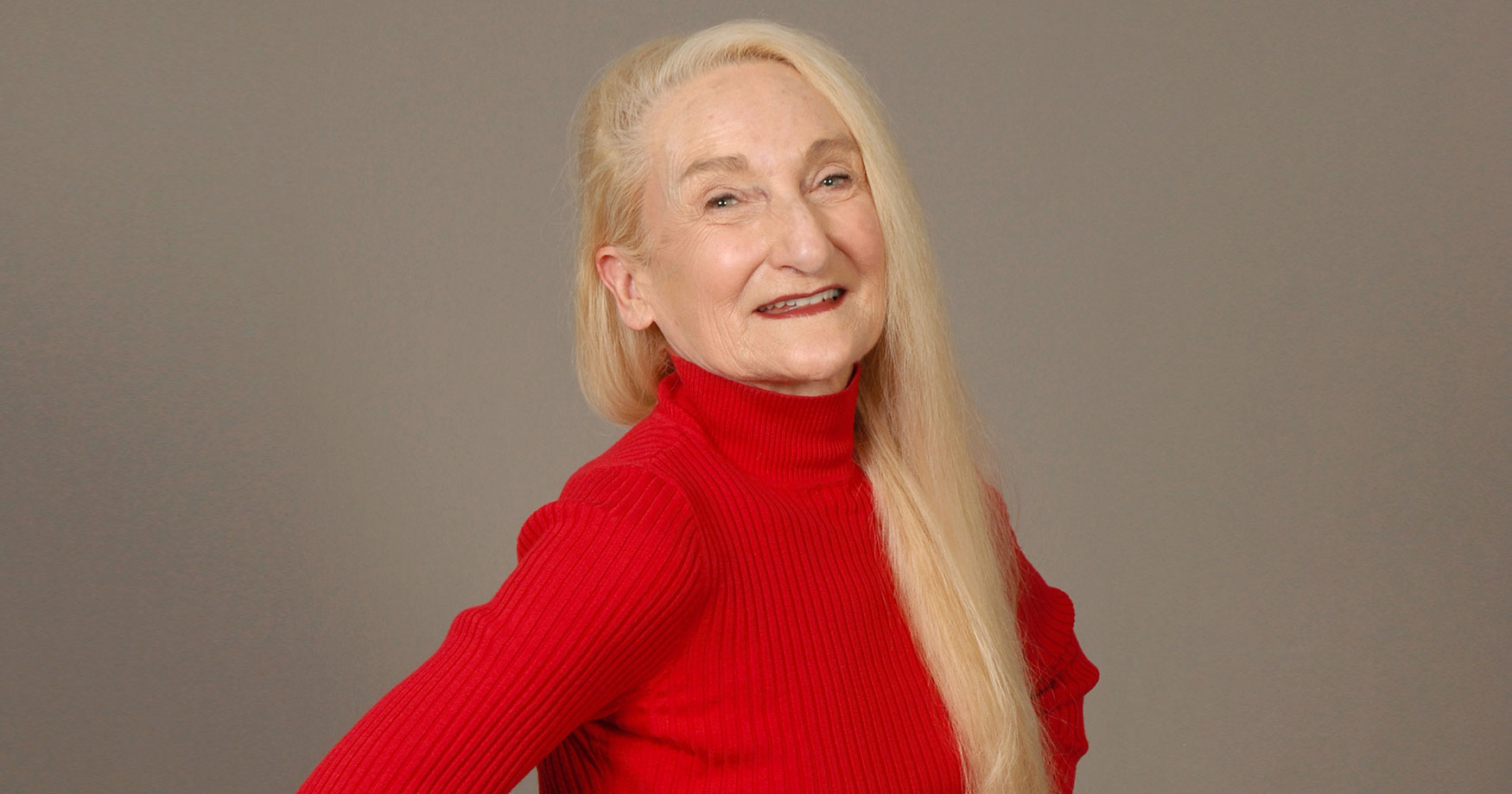Interview
The Inside Story: Betty R. Wishart and MOODS
Originally published by: PARMA Recordings

Betty Wishart and Ravello Records present her latest album: MOODS, featuring her compositions for solo piano as performed by Jeri-Mae Astolfi. These impressionistic pieces, sparked by a swath of concrete and abstract inspirations, explore the full range of timbral textures and colors the piano offers.
Today, Betty is our featured artist in “The Inside Story,” a blog series exploring the inner workings and personalities of our composers and performers. Read on to discover Betty’s adventurous hobby…
When did you realize that you wanted to be an artist?
Although my earliest memories are of music, I did not want to major in music; anything, except that! It had never been a challenge. Nevertheless, because of my music background, the school made me take the courses for a music major. I was assigned to study piano with Richard Bunger and that changed everything. Although I didn’t want to major in music, Richard challenged me. After continuing lessons with him the summer before sophomore year, I knew the battle was over. Music became my life. Everything revolved around music. When not practicing or studying, I attended every possible concert – classical, jazz, and pop. I also performed at every opportunity. The stage was where I came alive. There was nothing more rewarding or exhilarating.
I wrote my first piece at the end of my junior year, then continued composing while pursuing graduate studies in piano performance. The composition professor just told me to write. He said that I knew my style (I didn’t) and gave no instruction. In graduate school one group knew me as a composer, all others as a pianist. On the Honors Concert, I was listed as a composition major!
What was your most unusual performance?
One concert was both unusual and memorable. When accepting the concert date, I didn’t realize that the hall was not a concert hall. When I arrived at the venue, I was taken aback. Two things: (1) Even though it was early, people were already there. I would have to play without trying the piano. (2) The performance area was on the same level as the audience.
This was daunting, but the show must go on. When I sat down and began to play, I realized that the seat was on rollers. Although that was a bit disconcerting, it was manageable. All went well until the allegro section of my Sonata. While playing the furious passage, I discovered that no one had locked the rollers on the piano! I rolled along with it and after that piece, somehow found the strength to pull the piano back toward me. That was definitely a memorable concert! The people didn’t seem to realize what had happened and were a really great audience. I later discovered that the town didn’t normally sponsor concerts.
